How does the male ball valve design enable smooth and effortless on/off operation?
The male ball valve design is a key characteristic...
MORE >>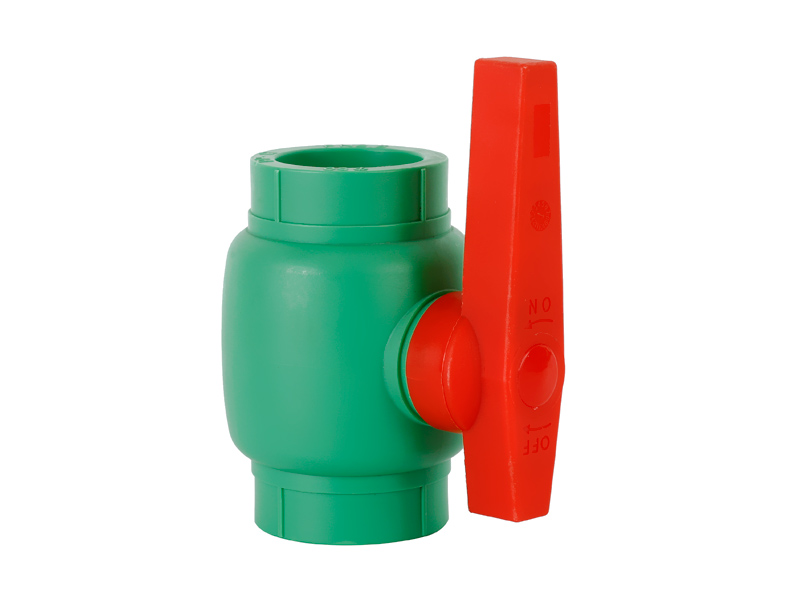
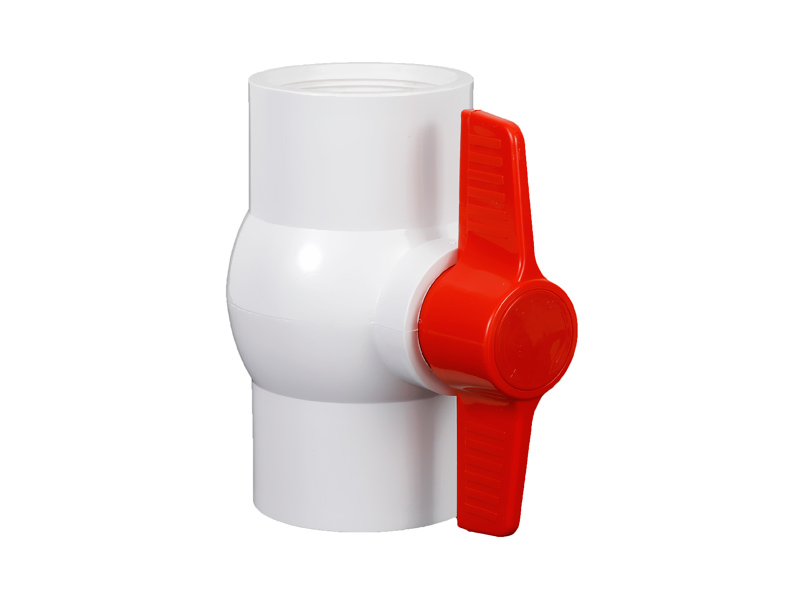
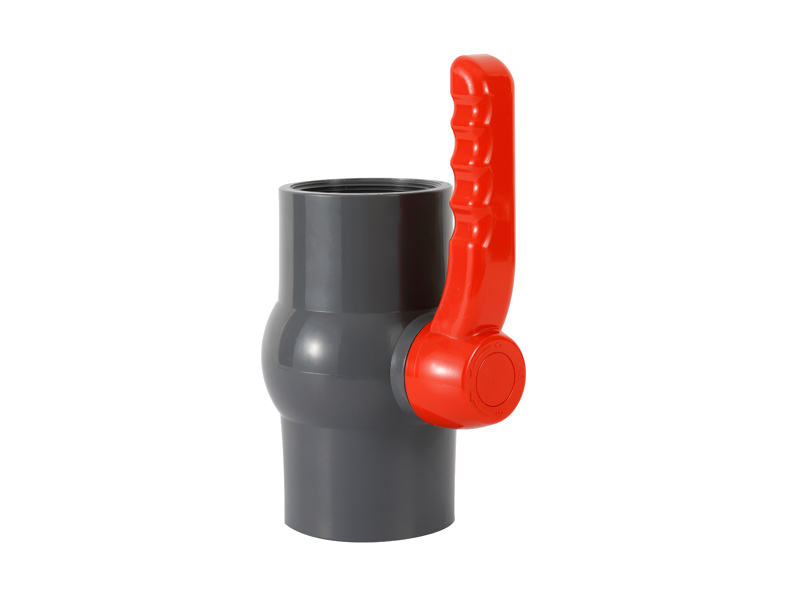
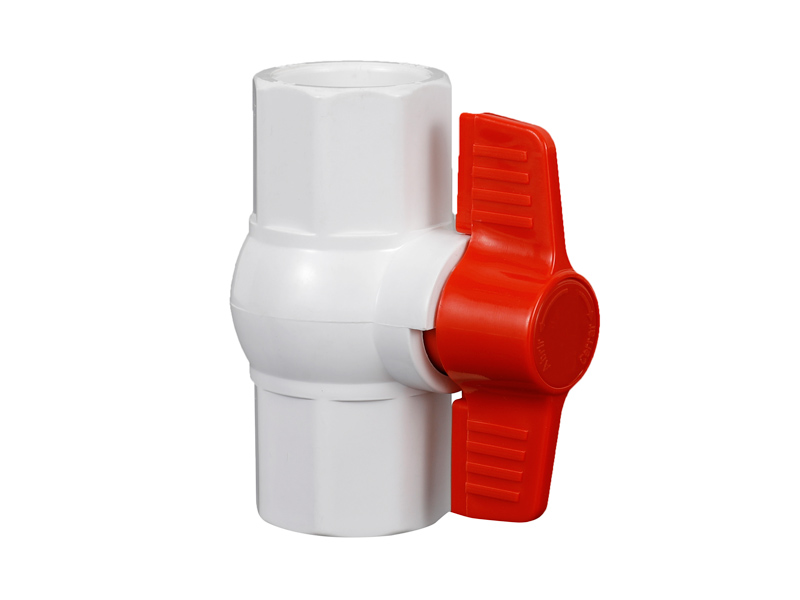
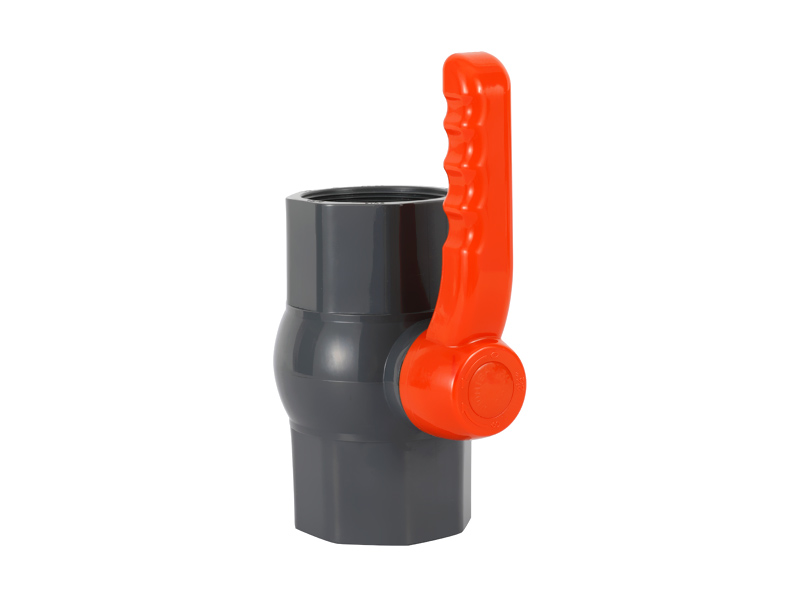
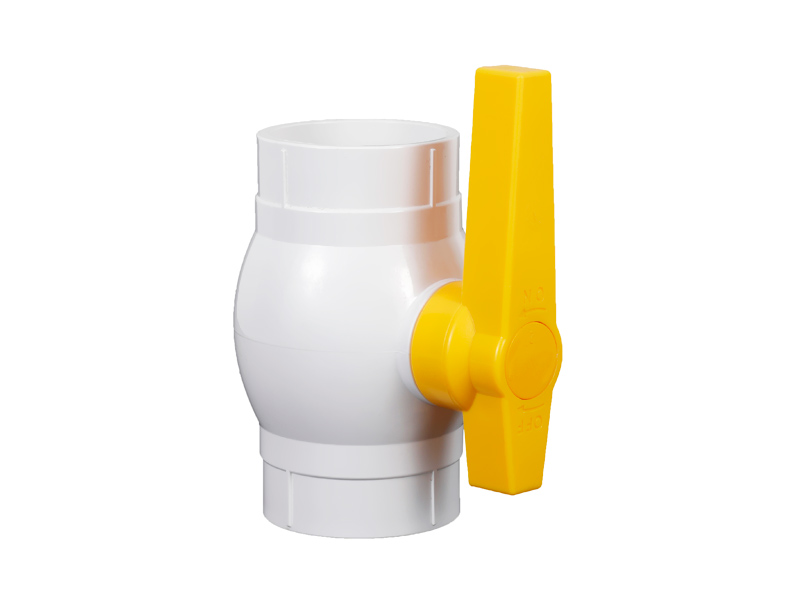
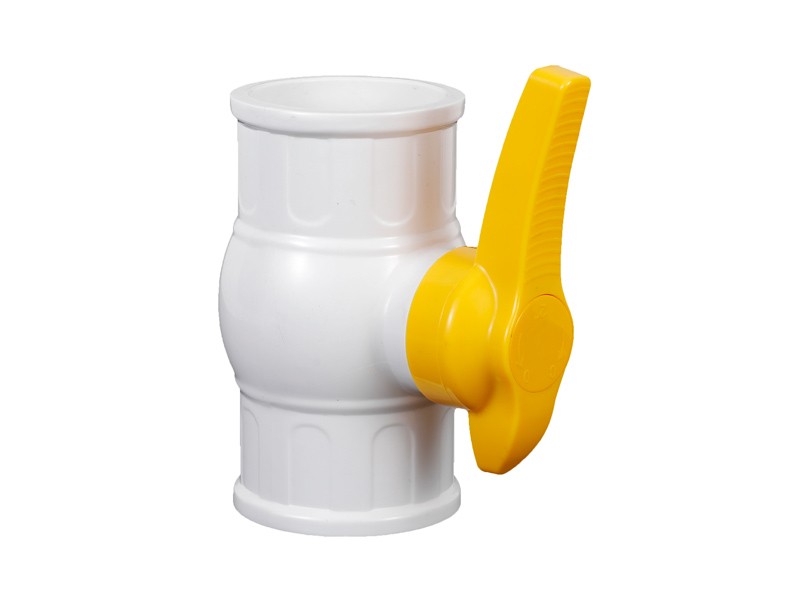
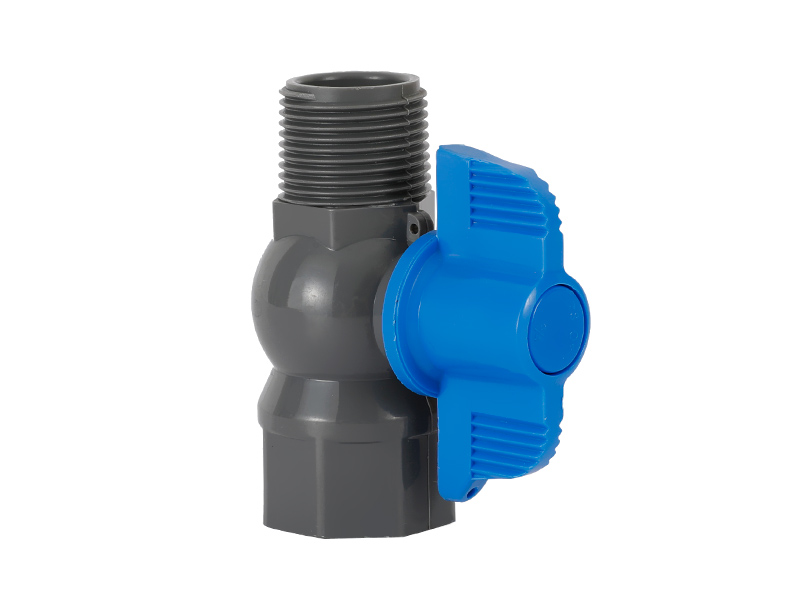
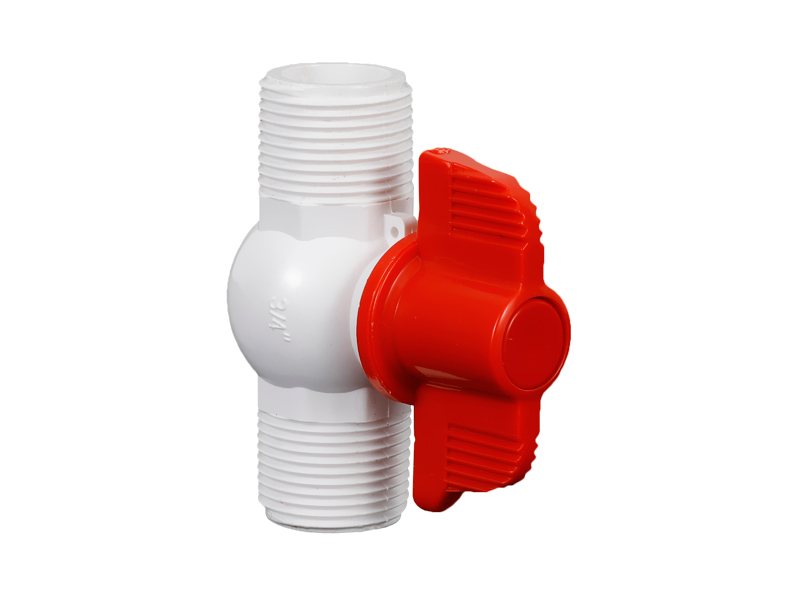

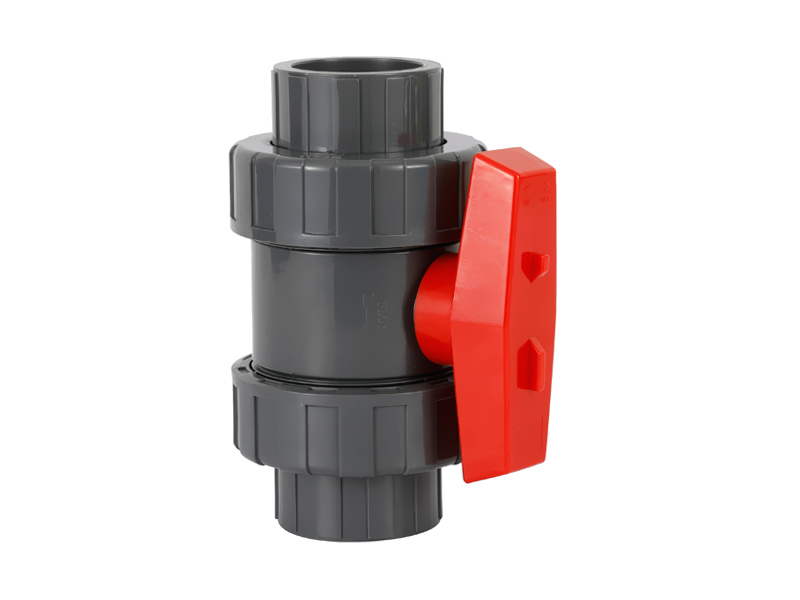

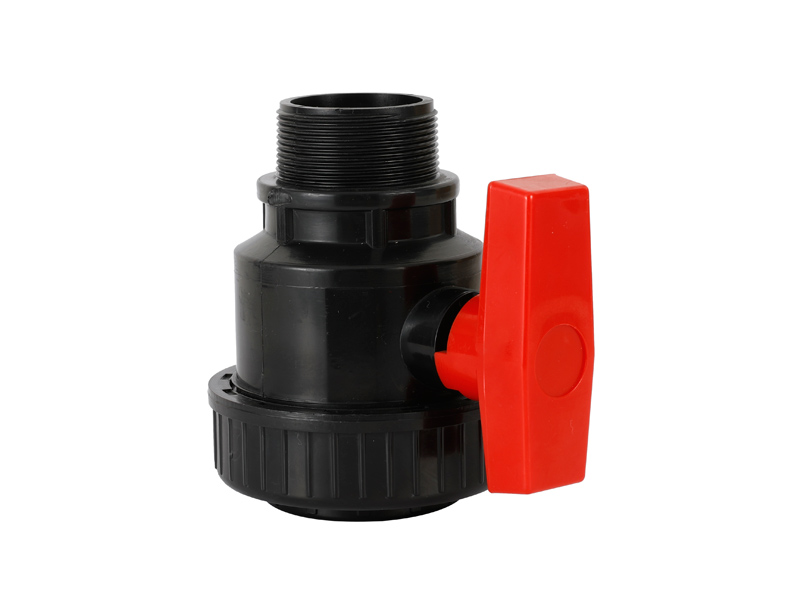
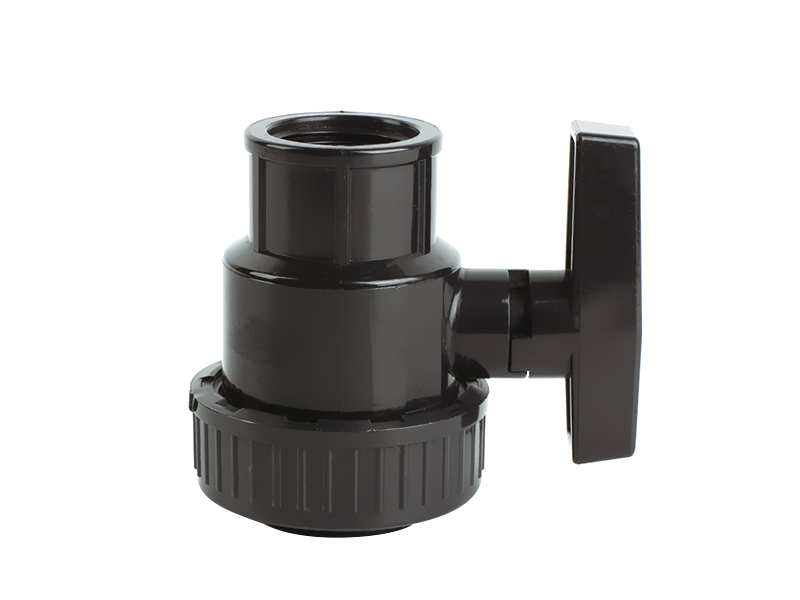
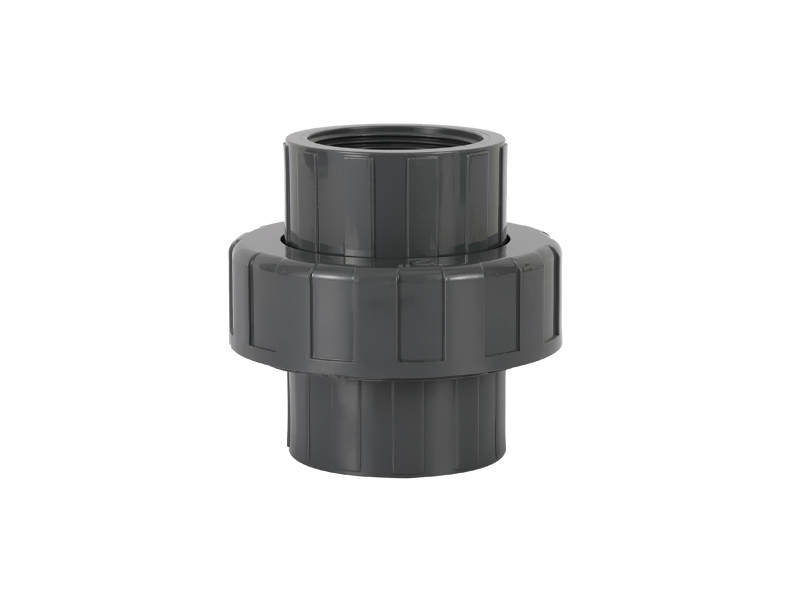
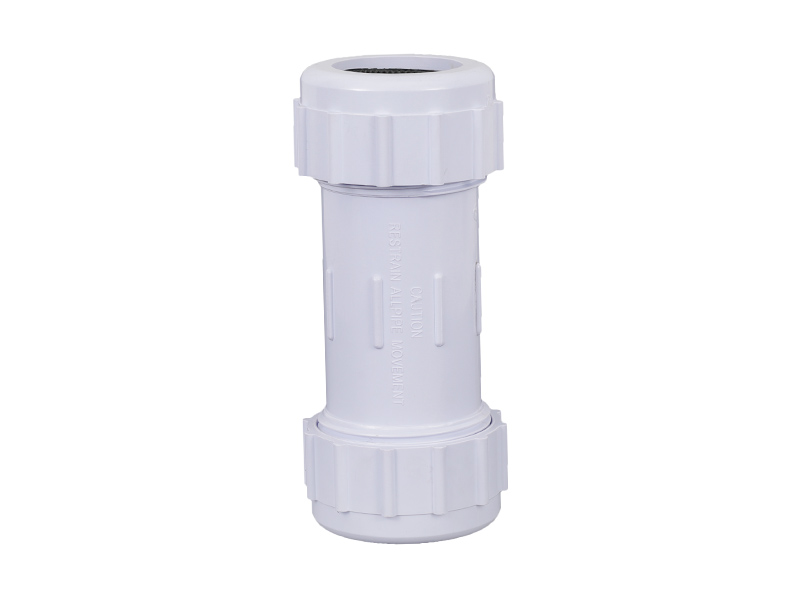
CPVC resin is made by chlorination modification of poly […]
CPVC resin is made by chlorination modification of polyvinyl chloride PVC Ball Valve resin and is a new type of engineering plastic. The product is white or light yellow odorless, odorless, non-toxic loose particles or powder. After the PVC resin is chlorinated, the irregularity of molecular bonds increases, the polarity increases, the solubility of the resin increases, and the chemical stability increases, thereby improving the material's heat resistance, acid, alkali, salt, oxidant, etc. corrosion. The mechanical properties of the numerical heat distortion temperature are improved, the chlorine content is increased from 56.7% to 63-69%, the Vicat softening temperature is increased from 72-82 ℃ (increased to 90-125 ℃), and the maximum use temperature can reach 110 ℃. The long-term use temperature is 95 ℃. Among them, CORZAN CPVC has better performance indicators. Therefore, CPVC is a new type of engineering plastic with broad application prospects.
The difference between CPVC and PVC
1. Different chlorine content
PVC (polyvinyl chloride) chlorine content: 56%
CPVC (chlorinated polyvinyl chloride) chlorine content: 67%
2. Vicat temperature (heat distortion temperature): measurable degree, the higher the Vicat temperature, the better the performance
Vicat temperature of general CPVC and PVC:
PVC: Vicat temperature is 71-75℃
CPVC: Vicat temperature is 100-125℃
Tube Vicat temperature 110℃ JC --701 The original material CPVC Vicat temperature is 124℃-128℃
Pipe fittings Vicat temperature 103℃ ZS -601 The original material CPVC Vicat temperature is 121℃-125℃
The processing fluidity (rheology) of pipe fittings is higher than that of pipes. It is adjusted by adding additives, and its Vicat temperature is lower than that of ordinary pipes.
3. The strength measured by the drop weight test is 2 times or more higher than that of ordinary PVC
4. Water pressure test is higher than ordinary PVC
Performance characteristics
1. Material characteristics
CPVC power pipes use PVC-C resin with excellent heat resistance and insulation properties as the main material. CPVC products are currently recognized as green products, and their excellent physical and chemical properties are receiving more and more attention from the industry. The CPVC power pipe is a hard straight solid wall pipe with smooth inner and outer walls, orange-red in color, bright and eye-catching.
2. Heat resistance
Compared with ordinary UPVC double-wall corrugated pipes, CPVC power pipes have a heat-resistant temperature increase of 15°C, and can maintain no deformation in an environment above 93°C, and have sufficient strength.
3. Insulation performance
CPVC power pipes can withstand high voltages above 30,000 volts.
4. Compression resistance
The CPVC power pipe has undergone material modification, and the product has a ring stiffness of 1Okpa, which is significantly higher than the national regulations for buried plastic pipes, whose ring stiffness should be above 8kpa.
5. High impact resistance
CPVC power pipe can withstand 1kg heavy hammer and 2m high impact force at 0℃, which fully reflects the low temperature impact performance of the material is fully suitable for the requirements of construction environmental conditions.
6. Flame retardant performance
Both PVC and PVC-C materials have good flame-retardant properties, and can be extinguished immediately after leaving the fire. Especially PVC-C material, because its chlorine content is significantly higher than that of PVC, the flame retardancy and smoke density index are significantly improved.
7. Installation performance
The CPVC power pipe is light in weight, high in strength, and simple in construction and laying methods. It can be excavated and buried at night, backfilled in the pavement, and can be opened to traffic during the day; it adopts elastic sealing rubber ring socket connection, convenient and fast installation and connection, and good connection and sealing performance. It can prevent the leakage of groundwater and effectively protect the safety of power cables.
8. Long service life
The CPVC power pipe material is corrosion-resistant, anti-aging, and has a service life of more than 50 years.
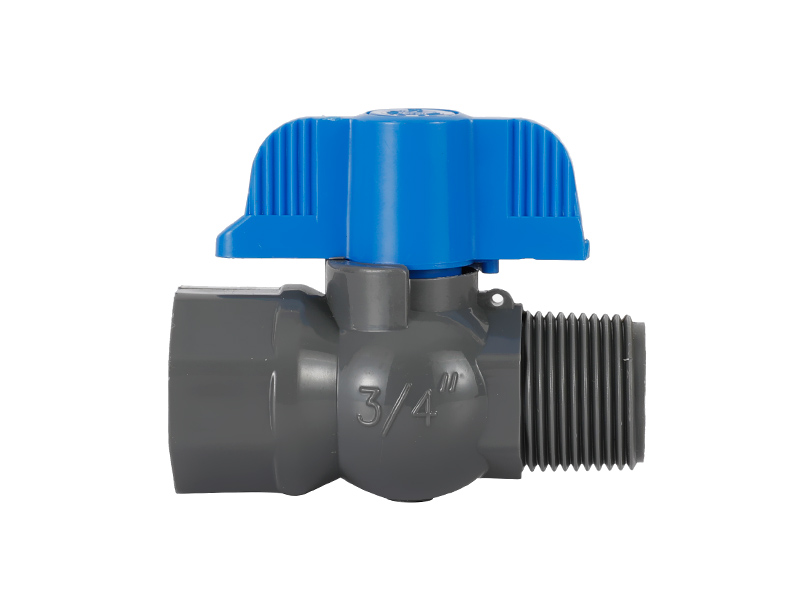
The male ball valve design is a key characteristic...
MORE >>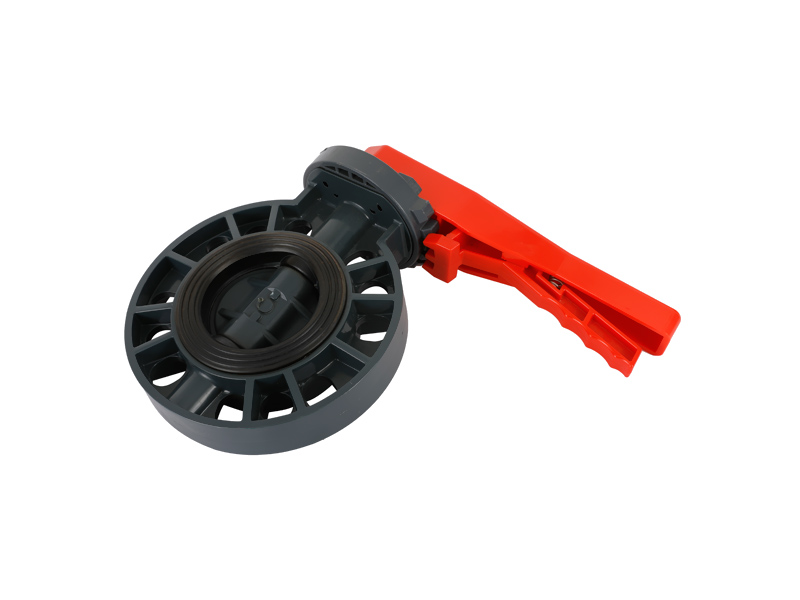
In today's modern world, efficient and reliable wa...
MORE >>
Copyright ©All rights reserved:Zhejiang Xier Plastic Valve Lead Co.,LTD. PVC Ball Valves Manufacturers Technical support: HWAQ  浙公网安备 33060402001174号
浙公网安备 33060402001174号

 English
English España
España عربي
عربي